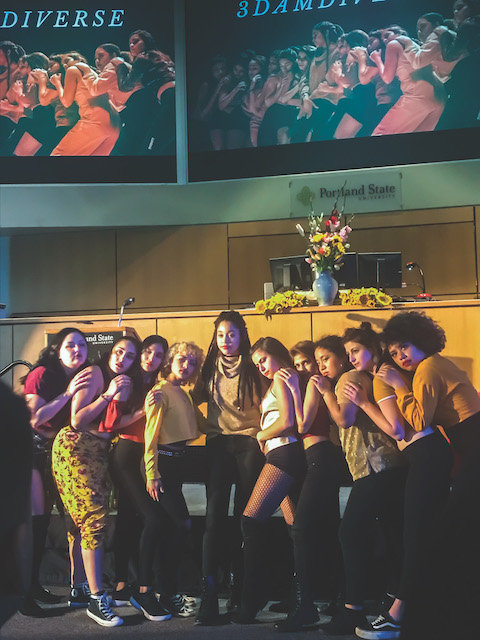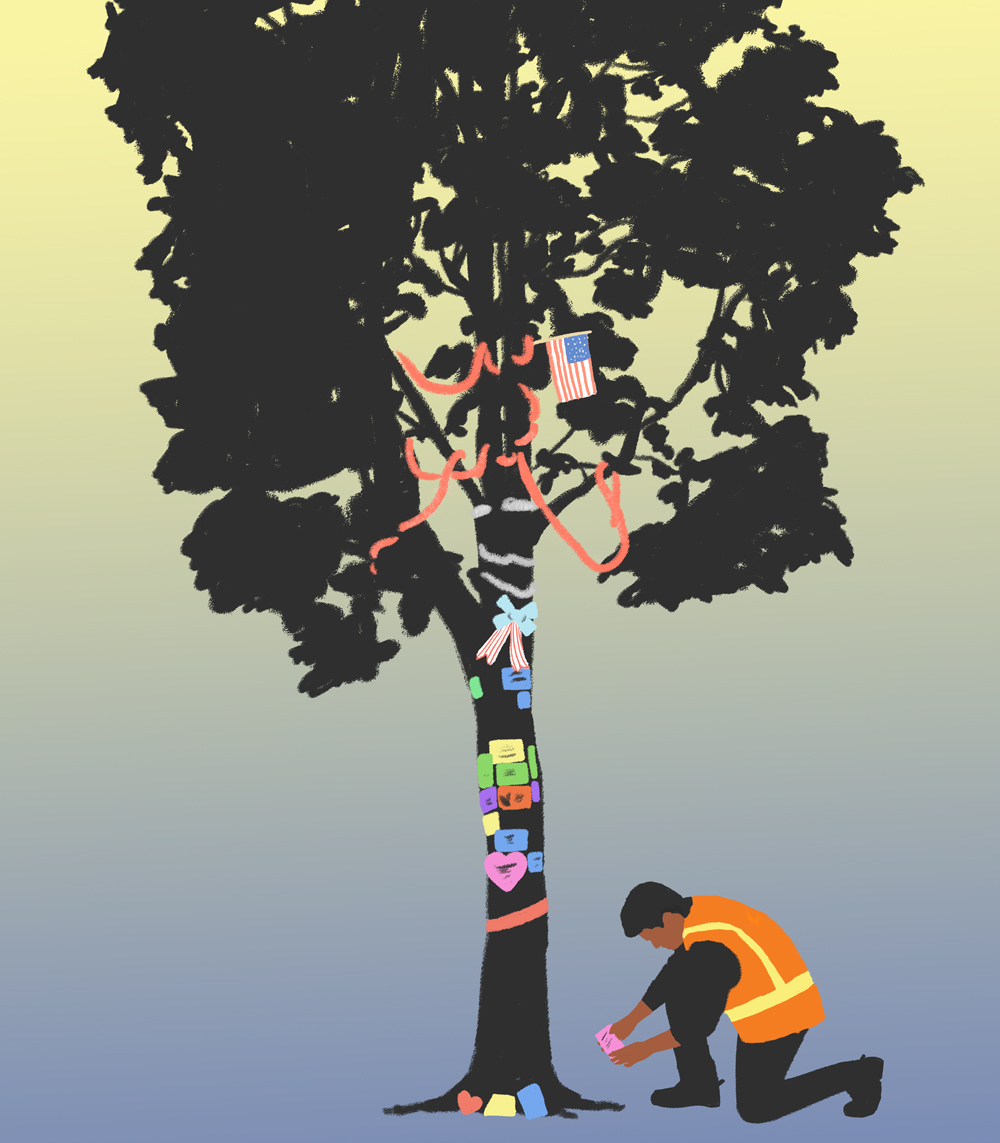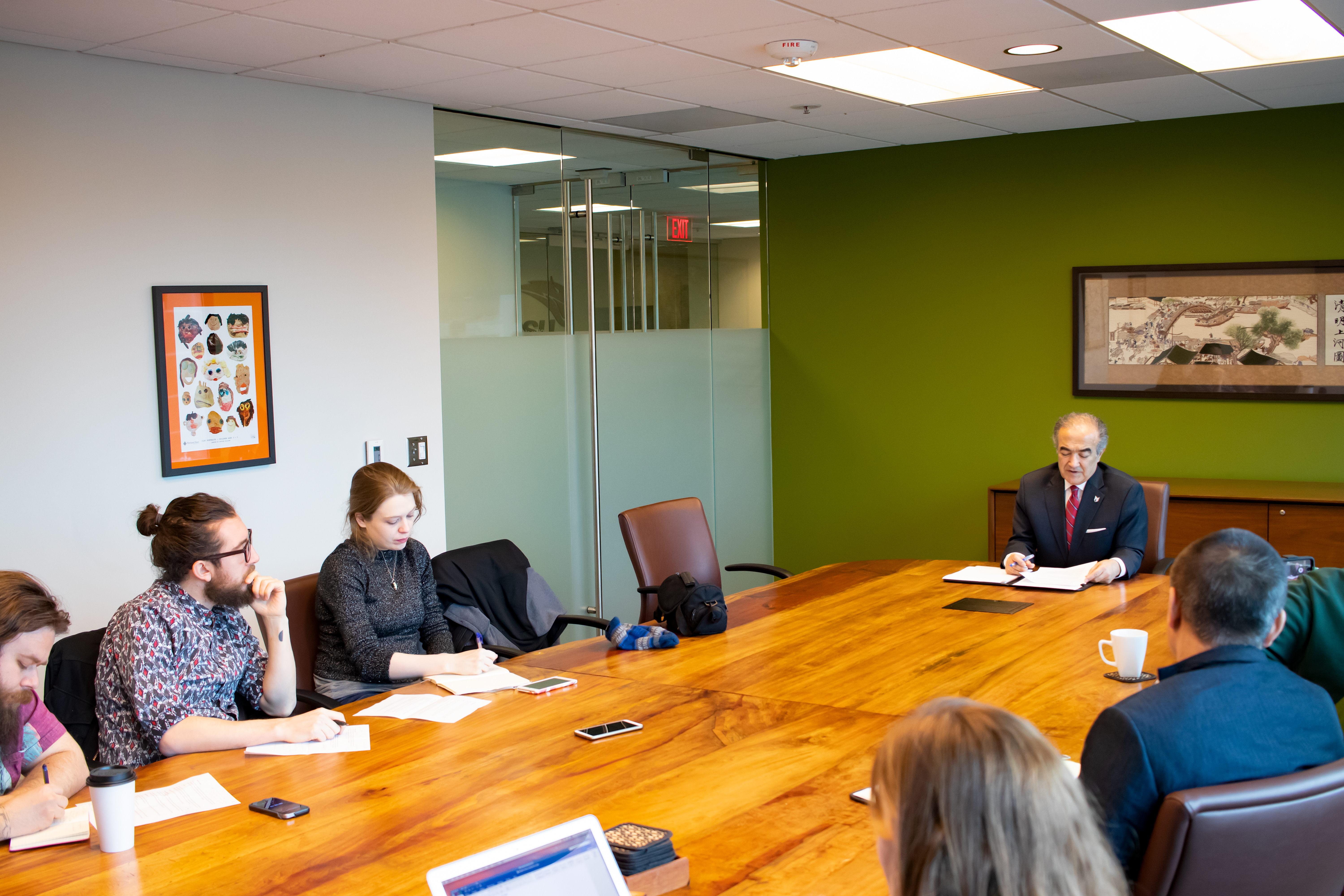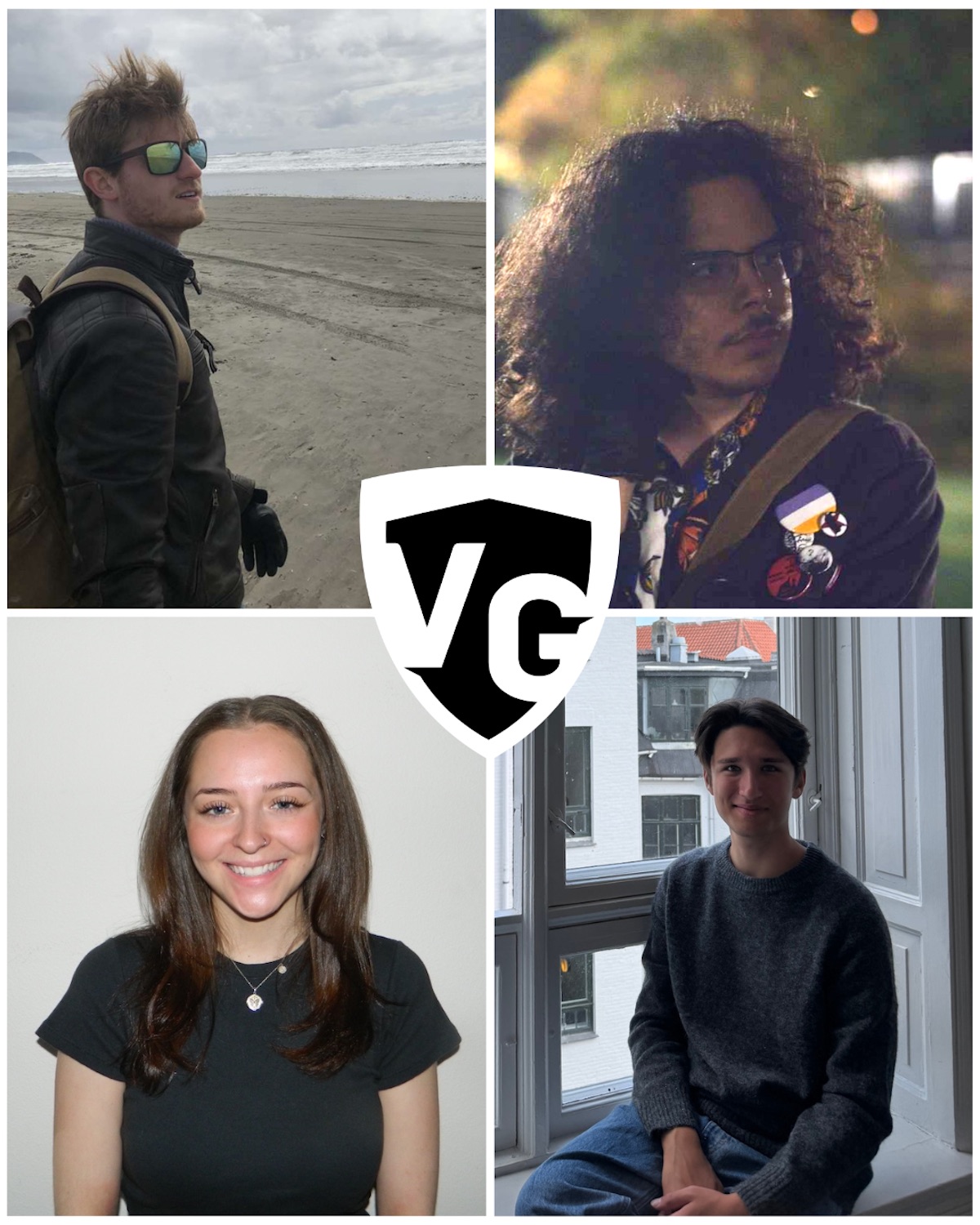The Women’s Resource Center capped off its annual Sexual Assault Awareness Month calendar of events with Take Back the Night: We Are Worthy 2019 on April 26.
The event took place in Hoffman Hall and featured speakers from Portland State, a dance group performance and a keynote speech by Dr. Alexis Pauline Gumbs.
“This year, our aim is to acknowledge how cultures of violence prevent us from sharing our histories, our experiences and treatment of people,” PSU student and event emcee ‘Apikale Fouch said.
The first speaker was PSU student Angeline Booth, a gender, sexuality and queer studies major who serves as the education and outreach coordinator for the PSU food pantry. She is also the founder and facilitator of PSU’s transgender womxn’s affinity group. [Correction]
“There are very few times that trans women are handed a mic and able to say whatever we want,” Booth said. “I knew that I wanted to use this time to remind us all how we got here and who made it possible for a space like this to exist.”
Booth credited Sylvia Rivera, a Latina American gay liberation and transgender rights activist, as the inspiration for her speech.
“Sylvia Rivera and Marsha P. Johnson created Street Transvestite Action Revolutionaries,” Booth said. “Together they provided housing, financial assistance and safety for houseless LGBTQ youth of color in New York City.”
Booth ended her speech emphasizing that transgender women of color have fought for the rights of all. Booth said Rivera had to fight through the crowd to speak at an event in 1973, “She spoke to how trans women of color are and always have been the people carrying the gay liberation movement, and every other social movement.” [Correction]
“Sylvia fought to scream so that we could whisper,” Booth said. “Sylvia fought to be seen so that we could choose not to be. Sylvia fought every single second so that we could take a moment of rest. Sylvia fought to her death so that we can live.”
3D, or Dam Diverse Dance, based in Corvallis, Ore., performed as well. PSU student and emcee Nina Campos said the group was created to build a platform for women of color to break western ideals of sexuality, gender, ethnicity and race through the empowerment of dance.
“3D was denied the right to participate in Oregon State University’s Take Back the Night,” Campos said. “The director of the Survivor’s Advocacy Resource Center said that their group was ‘too inappropriate and too sexual.’ 3D is here to prove that survivors can look, act, and present themselves however they choose to do so. Healing isn’t a straight line. Healing, for them, is dance.”
3D danced to a mashup that started with Ariana Grande’s “God is a Woman,” incorporating step dance with syncopated, choreographed moves. They also performed to Janet Jackson’s “Rhythm Nation.”
Gumbs, practicing poet, artist, educator and scholar followed 3D and gave the keynote speech. Author of Spill: Scenes of Black Feminist Fugitivity, Gumbs is the first person to do archival research on the papers of Audre Lorde—an American writer, feminist, womanist, librarian and civil rights activist—and June Jordan, a Caribbean-American poet, essayist, teacher and activist.
Gumbs highlighted the history of Ida B. Wells, African-American investigative journalist, educator and one of the founders of the National Association for the Advancement of Colored People.
“What if we thought about Ida B. Wells as the first person to take back the night?” Gumbs said. “Ida B. Wells created an international anti-lynching movement, and she wrote about the connection between sexual violence against black women and lynching as a tool of power.”
Gumbs also discussed another one of her inspirations. Gumbs quoted the last line of “Poem About My Rights” by Jordan: “My simple and daily and nightly self-determination may very well cost you your life.”
“[Jordan] wrote a poem called, ‘I Must Become a Menace to My Enemies,’ and she was,” Gumbs said. “Her father used to beat her, so she slept with a knife under her pillow. One night he came in and she threatened to stab him to death. So we have yet another example of taking back the night.”
“In ‘A Litany for Survival,’ which is again one of those poems that is likely to be read at an event like this, Lorde said, ‘It is better to speak remembering we were never meant to survive,’” Gumbs said.
“So, simply remembering enough to testify is not effective, especially for those of us who the law does not convene to protect—who, in fact, the law convened to violate,” Gumbs said.
After her keynote address, Gumbs answered questions students and attendees had about issues surrounding sexual assault and healing that they submitted anonymously online.
Jose Moreno-Perez, a sophomore at PSU majoring in sociology and Spanish, said Booth’s speech moved him the most.
“I will say that Angeline’s speech brought me to tears,” Moreno-Perez said. “I was not expecting any of that.”
Denise Soto, a sophomore at PSU majoring in biology, said that for her, the event was enlightening.
“The whole experience for me, being here, was really eye-opening,” she said. “Anybody can be a sexual assault victim.”
Event organizer Haidre Williams, a senior majoring in women’s studies, was on the Sexual Assault Awareness Month planning committee. She said the committee worked with Academic and Student Recreation Center, the Veterans Resource Center and the Queer Resource Center.
“It’s been six months in the making,” Williams said. “It’s really great to see it all come together and go well and be well-received, so it’s really a labor of love. The sense of belonging and helping make this happen. It takes a village. It couldn’t have happened without all of us.”






